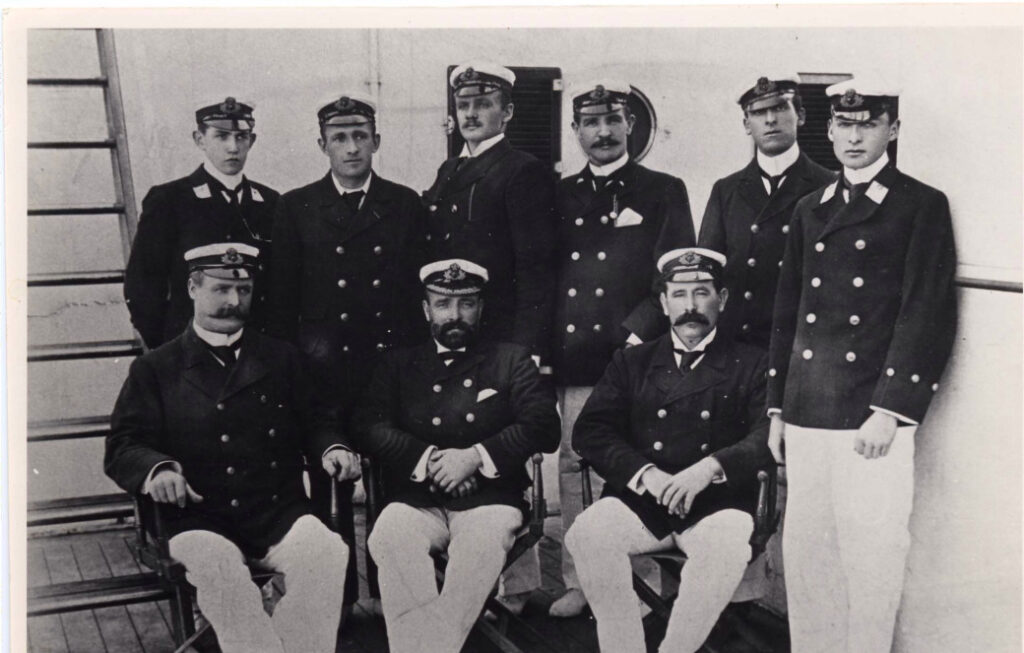The sinking of the RMS Titanic on April 15, 1912, remains one of the most tragic maritime disasters in history. As the “unsinkable” ship met its icy demise in the North Atlantic, the world was captivated by the stories of bravery and sacrifice that emerged from that fateful night. Among the countless acts of heroism, one group of individuals stands out—the engineers who valiantly worked to keep the ship’s power on, ensuring the safety of passengers and crew even as the Titanic slipped beneath the waves.
The Titanic’s Ill-fated Voyage
The Titanic’s maiden voyage was billed as the height of luxury and sophistication, with opulent interiors, world-class amenities, and an air of invincibility. However, this veneer of grandeur was shattered when the ship struck an iceberg on its maiden voyage from Southampton to New York City.
As the ship’s compartments began to fill with icy water, panic ensued, and the crew worked tirelessly to load passengers into lifeboats. Amidst the chaos, a group of engineers led by Chief Engineer Joseph Bell made a remarkable and selfless decision—they chose to remain below deck, ensuring that the ship’s power stayed on, allowing vital communications and lighting to continue functioning.

The Sacrifice of the Engineers
Joseph Bell and his team of engineers knew that their chances of survival were slim. The rising water levels would soon engulf them, sealing their fate. Yet, they understood the critical importance of maintaining power for the ship’s lights, telegraph systems, and other essential equipment. Their decision to stay behind was a testament to their dedication and bravery.
The engineers worked tirelessly in the dark and rapidly flooding lower decks of the Titanic. Their efforts were instrumental in keeping the lights on, which not only provided comfort and reassurance to the terrified passengers but also facilitated the crucial communication between the ship and nearby vessels. This communication helped coordinate rescue efforts and save hundreds of lives.
A Legacy of Heroism
Tragically, not a single engineer who stayed behind in the engine room survived the sinking. They knowingly sacrificed their lives to ensure the safety of others. Their actions embody the true spirit of heroism—selflessness and dedication in the face of unimaginable adversity.
The story of the Titanic engineers who perished in the engine room is a reminder that heroism knows no boundaries. It transcends social status, occupation, and circumstance. These men, often overlooked in the broader narrative of the Titanic disaster, were instrumental in saving lives and preserving the ship’s legacy.
Conclusion
The sinking of the Titanic is a haunting and unforgettable chapter in maritime history, filled with tales of both courage and tragedy. The engineers who remained in the engine room, working to keep the ship’s power on until the very end, are among the unsung heroes of that fateful night. Their selfless sacrifice ensured that many passengers and crew members had a fighting chance to survive. Their legacy serves as a reminder that heroism can emerge in the most dire circumstances, reminding us all of the indomitable human spirit.





